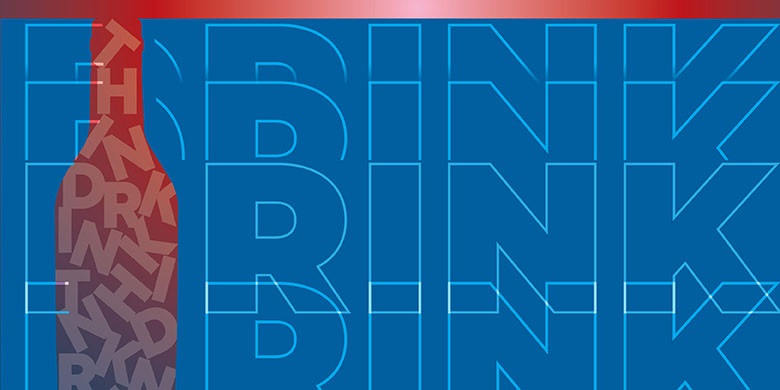While attending college, using alcohol and other drugs seem to be a popular and even social norm for droves of students. However, substance use can create problems at school, work and home.
Evidence indicates that “More than one-third (36%) of all undergraduate students in the United States are enrolled in community colleges and … [they] have similar or higher risk of alcohol-related problems compared to four-year college students” (Thind, et al., 2021).
Dallas College fits into the category of a community college and offers free support to enrolled students through Counseling and Psychological Services (CAPS). The CAPS counselors recognize that the slogan “just say no” does not work for everyone.
Let’s Talk About It
Students who are interested in understanding what it means to drink responsibly, or the impact of using drugs can attend group or individual counseling sessions.
Group sessions
Currently enrolled Dallas College students (from any of the seven campuses) are invited to join one of the weekly meetings for the college’s “12-Steps to Freedom Group.”
- Weekly Wednesday’s at 2:30 p.m. at Cedar Valley Campus
- Timely Thursday’s at 2:30 p.m. on Webex (for students who cannot participate in person)
Any student interested in either of these groups, please email Counseling@DallasCollege.edu and state, “I want to join the 12-Steps to Freedom Group.” Someone from the CAPS team will get back with you.
Individual sessions
Students can also attend confidential, one-on-one counseling sessions. Visit the Meet The Counselors webpage to schedule a time to chat. Counseling sessions are available in person and online. If you cannot find a time that works for you, or need help scheduling, email Counseling@DallasCollege.edu.
Drop the Blunt and the Bottle
Curious how much alcohol is too much? Wonder what the signs are of a Fentanyl overdose? Answers to questions like these live on the college’s Alcohol and Other Drugs webpage. The more you understand the effects of alcohol, marijuana and opioids, the easier it is to make safe decisions. And with the individual and group counseling sessions, students who want to drop the bottle — or the blunt — will find the support they need to step towards freedom.
You are not alone.
This blog was written by Dr. Kim Toynes, LPC, SAP, Counseling and Psychological Services (CAPS).
